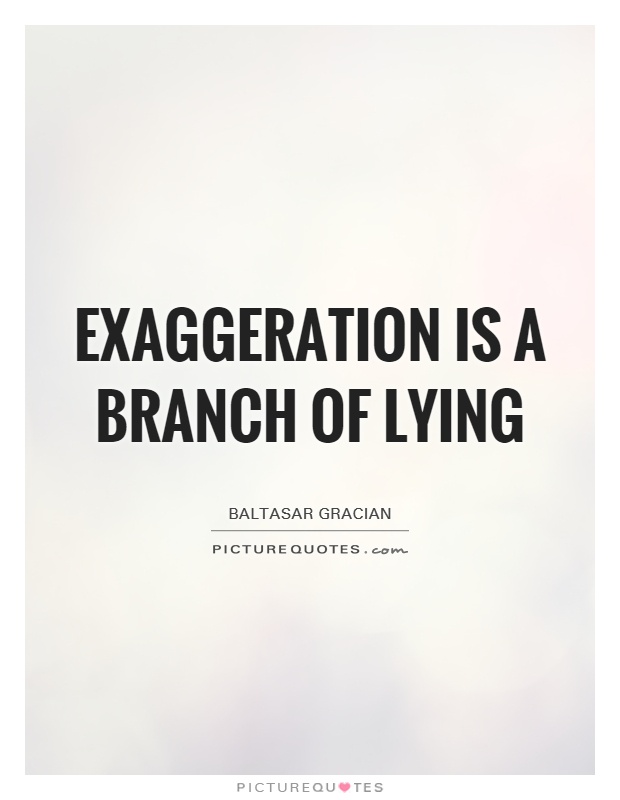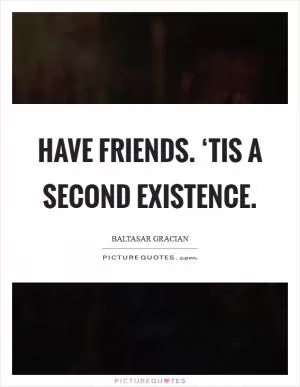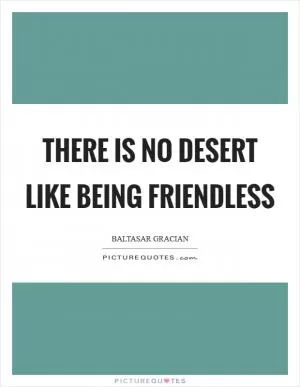Exaggeration is a branch of lying

Exaggeration is a branch of lying
In the realm of moral philosophy, the concept of exaggeration as a branch of lying has been a topic of debate for centuries. One of the most notable figures to explore this idea was the Spanish Jesuit and philosopher, Baltasar Gracian. Gracian, known for his work on ethics and human behavior, delved into the complexities of truth and deception in his writings, shedding light on the blurred lines between exaggeration and outright falsehood.Gracian believed that exaggeration was a subtle form of lying, as it distorts the truth and misleads others. In his seminal work, "The Art of Worldly Wisdom," he cautioned against the dangers of exaggeration, warning that it could erode trust and credibility. Gracian argued that exaggeration was a sign of weakness, a desperate attempt to impress others or inflate one's own importance. He believed that those who resorted to exaggeration lacked confidence in their own abilities and sought to compensate by embellishing the truth.
Furthermore, Gracian contended that exaggeration was a form of manipulation, a tool used by the cunning to deceive and manipulate others for personal gain. He believed that those who engaged in exaggeration were morally bankrupt, willing to sacrifice their integrity for the sake of self-interest. Gracian saw exaggeration as a slippery slope that could lead to more serious forms of deception, ultimately undermining the fabric of society.
In the context of Gracian's philosophy, exaggeration was not simply a harmless embellishment of the truth, but a dangerous moral transgression that threatened the very foundation of trust and honesty. He believed that those who practiced exaggeration were morally compromised, lacking the virtue and integrity necessary for a meaningful and fulfilling life.












 Friendship Quotes
Friendship Quotes Love Quotes
Love Quotes Life Quotes
Life Quotes Funny Quotes
Funny Quotes Motivational Quotes
Motivational Quotes Inspirational Quotes
Inspirational Quotes